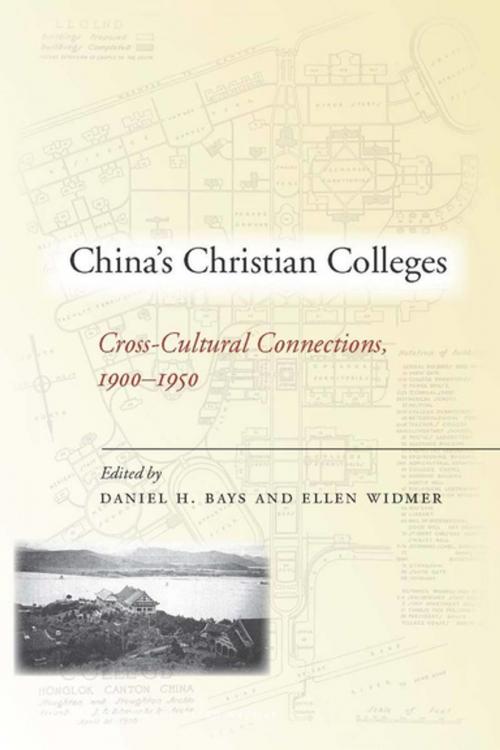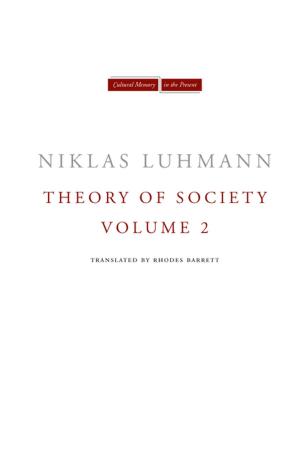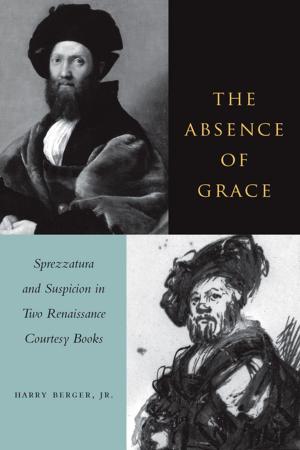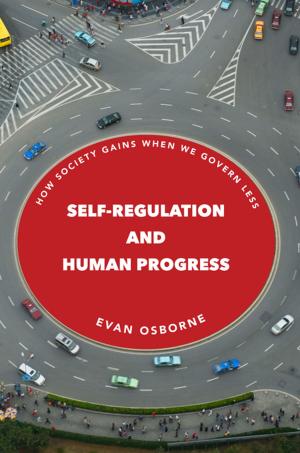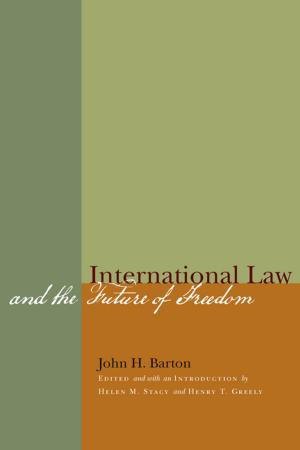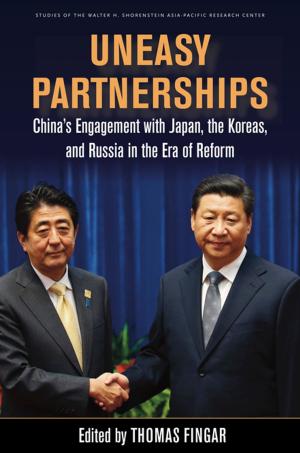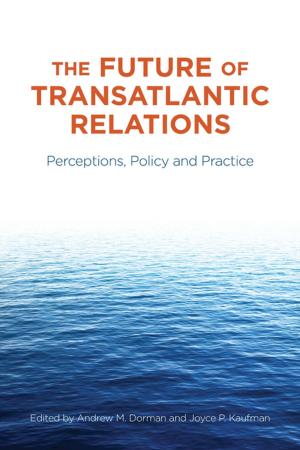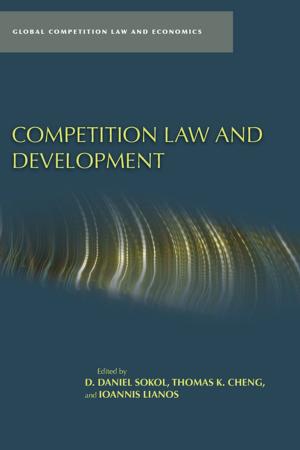China’s Christian Colleges
Cross-Cultural Connections, 1900-1950
Nonfiction, History, Asian, China, Modern, 20th Century| Author: | Daniel Bays, Widmer | ISBN: | 9780804776325 |
| Publisher: | Stanford University Press | Publication: | February 27, 2009 |
| Imprint: | Stanford University Press | Language: | English |
| Author: | Daniel Bays, Widmer |
| ISBN: | 9780804776325 |
| Publisher: | Stanford University Press |
| Publication: | February 27, 2009 |
| Imprint: | Stanford University Press |
| Language: | English |
China's Christian Colleges explores the cross-cultural dynamics that existed on the campuses of the Protestant Christian colleges in China during the first half of the twentieth century. Focusing on two-way cultural influences rather than on missionary efforts or Christianization, these campuses, most of which were American-supported and had a distinctly American flavor, were laboratories or incubators of mutual cultural interaction that has been very rare in modern Chinese history. In this Sino-foreign cultural territory, the collaborative educational endeavor between Westerners and Chinese created a highly unusual degree of cultural hybridity in some Americans and Chinese. The thirteen essays of the book provide concrete examples of why even today, more than a half-century after the colleges were taken over by the state, long-lasting cultural results of life in the colleges remain.
China's Christian Colleges explores the cross-cultural dynamics that existed on the campuses of the Protestant Christian colleges in China during the first half of the twentieth century. Focusing on two-way cultural influences rather than on missionary efforts or Christianization, these campuses, most of which were American-supported and had a distinctly American flavor, were laboratories or incubators of mutual cultural interaction that has been very rare in modern Chinese history. In this Sino-foreign cultural territory, the collaborative educational endeavor between Westerners and Chinese created a highly unusual degree of cultural hybridity in some Americans and Chinese. The thirteen essays of the book provide concrete examples of why even today, more than a half-century after the colleges were taken over by the state, long-lasting cultural results of life in the colleges remain.
